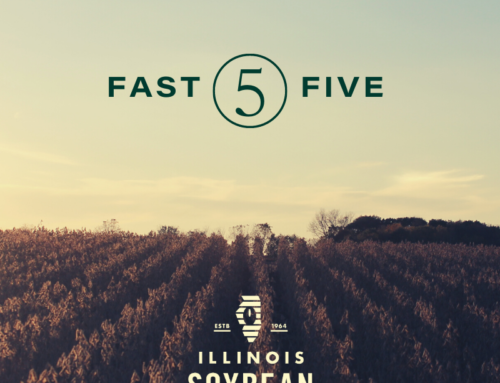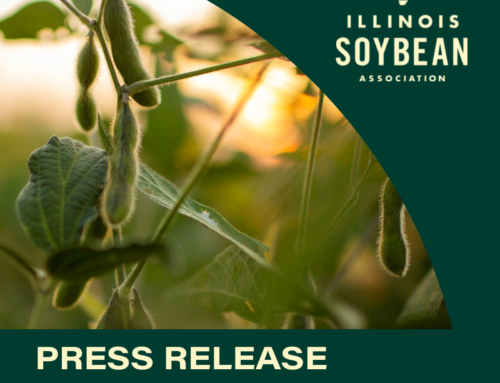A partnership between the Illinois Soybean Association (ISA) checkoff program and the American Lung Association (ALA), the B20 Club recognizes a select group of Illinois-based organizations with strong commitments to run fleets on biodiesel blends of 20% or greater. Since 2014, B20 Club members have consumed more than 138.4 million gallons of B20 and higher biodiesel blends, contributing to cleaner air and more sustainable operations throughout Illinois.
Bailey Arnold, ALA Director of Healthy Air Solutions, has led the way for the B20 Club by building relationships with external partners and looking for new ways to innovate. As an environmental science and sustainability professional with ALA, he is focused on the adoption of alternative fuels and technologies through the ALA’s award-winning Clean Air Choice program. As B20 Club Lead for ISA, he is responsible for all B20 Club support and outreach activities.
Arnold’s attendance at various conferences and meetings has proven to be pivotal for ISA’s investments with the B20 Club, including the 2025 Clean Fuels Sustainability Workshop (2025 CFSW). The annual event gathers experts from various sectors, including stakeholders, end-users, fuel marketers, policymakers, supply chain partners, farmers, agricultural companies, academia, and environmental organizations. The workshop focuses on discussion strategies for increasing understanding and further reducing the environmental impact of low-carbon fuels, such as biodiesel, renewable diesel and sustainable aviation fuel.
The specific objectives for the 2025 CFSW were to:
- Promote understanding of greenhouse gas emissions (GHG) accounting and lifecycle analysis (LCA) for various stakeholders, including policymakers and fuel end-users
- Provide updates on these accounting efforts with a focus on impacts on the clean fuels space.
- Identify opportunities to improve science impacting these efforts.
Throughout the week, experts presented the latest data, research and policy developments related to the environmental sustainability of biodiesel, renewable diesel and sustainable aviation fuel produced in the United States. The goal was to deepen participants’ understanding of how the industry, supply chain partners, policymakers and farmers can work together to recognize progress while continuing to reduce the carbon intensity of these essential fuels. Attendees and presenters also engaged in guided discussions on key topics, such as Indirect Land-Use Change (ILUC), Climate-Smart Agriculture (CSA) practices and the differences between the GREET and CORSIA models.
Attendance offered insights and engagement in discussions on issues directly impacting Illinois farmers and biodiesel producers. Arnold offered a health-focused perspective on the production and consumption of biomass-based diesel fuels—a viewpoint not often presented by other voluntary public health organizations or NGOs. He also participated in an invite-only debriefing session with members of the Environmental Science Working Group (ESWG), representing a diverse set of experts from across the industry, including producers, end-users, scientists, and more. The efforts of the ESWG play a crucial role in guiding Clean Fuels Alliance America as the industry continues to assess the environmental footprint of these fuels, helping to inform policy and ensure a place for locally grown fuels for years to come.

